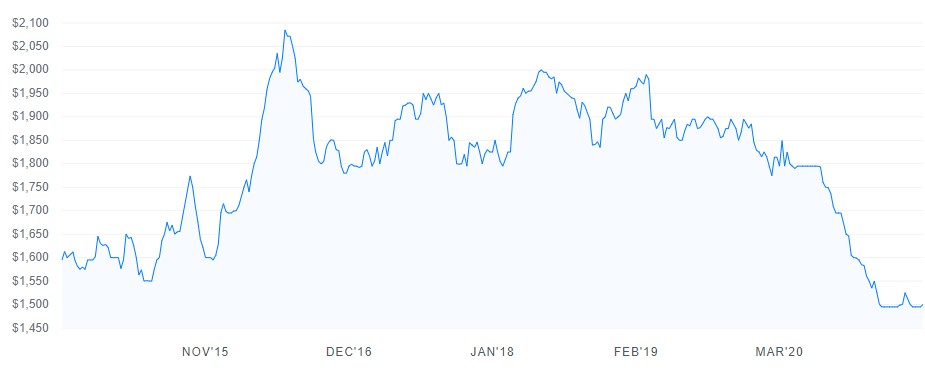Typically, we report on changes in the law without commentary. We are making an exception here. The following analysis is made by Dorothy A. Ennes, the director of residential property management for Coldwell Banker Bain.
“There have been numerous changes in regulations regarding rentals at the state and local level in recent years. Unfortunately, while the intention to protect tenants is good, many of the policies, in my opinion, are short-sighted. The end result has been an exodus of small landlords from the rental market. While tenants should be protected from slum landlords, landlords also need to be treated fairly so it makes sense for them to continue leasing their investment properties. With a strong sales market, many small landlords are deciding to sell. Because of limited inventory, buyers are typically owner occupied and, if a property should be purchased by an investment buyer, they will have no choice but to raise rents because prices are so high. The following highlights contemplate various changes with our commentary following.”
King County in Washington State is considering an ordinance which would add another layer of regulation for landlords. On June 23rd, the Community, Health and Housing Services Committee will be considering Ordinance 2021-0131, on which would do the following:
~Prohibit landlords from requesting a social security number for the purposes of screening a prospective tenant.~
OUR TAKE. “Social security numbers provide credit history, plus access to eviction histories and criminal histories. They also make it possible to track down a tenant who skips out owing rent. Checking someone’s credit history is allowed if someone wants to purchase a used car. It should also be allowed if someone wants to occupy a home worth hundreds of thousands of dollars.”
~Implements just cause termination and mandatory lease renewal.~
OUR TAKE. “A new state law, which went into effect on May 10, 2021, does this already. If the county ordinance is the same, this is redundant. If it is different, it will just make it more confusing.”
~Introduces a cap on move-in fees and the security deposit to one month’s rent.~
OUR TAKE. “Seattle has something similar. In my opinion, the end result hurts tenants because tenants who previously would be approved with a small increase in their deposit are either denied or must pay a full last month’s rent.”
~Limits total late fees to 1% of one month’s rent.~
OUR TAKE. “This would be ridiculous. The courts typically limit late fees to 10% per month now. According to this, on a $2,000 rental, the maximum late fee would be $20. That does not offer any incentive to pay rent on time.”
~Revokes a housing provider’s right to an eviction for lease violations if they accept rent payments after the violation date.~
OUR TAKE. “Trying to enforce a notice to comply with the terms of the lease or vacate, is very difficult already. With this regulation, landlords may have to choose between enforcing the terms of the lease and collecting the rent.”
~Prohibits rent increases if the unit has a defective condition.~
OUR TAKE. “Landlords shouldn’t be allowed to increase rents if a significant defective condition has been reported and the landlord is ignoring it.”
~Requires the housing provider to move the rent due date for a tenant.~
OUR TAKE. “This requirement was recently added to state law for tenants on fixed incomes.”
~Implements right to council for tenants and Introduces a county operated tenant helpline.~
OUR TAKE. “Would this be a general county expense (Tax Money) or one charged back to landlords?”
~Penalizes a housing provider double the damages or 4.5 time the monthly rent plus attorney’s costs and fees for a violation of any of the above provisions.~
OUR TAKE. “Blatant violations that hurt tenants should be punished, if done judiciously.”
~Requires a landlord to give 3 – 4 months’ notice for rent increases greater than 3%.~
OUR TAKE. “State law requires a 60-day notice for any rent increase. That is fair for both owners and tenants.”
We are here to help you and your clients with all aspects of the rental market. Please contact us for further assistance!
Nothing found herein should be construed as an attempt to offer or render a legal opinion or otherwise engage in the practice of law. You should not rely solely on this information. We encourage our clients to work with a lawyer experienced in commercial and/or residential real estate matters as they can be complicated and confusing.


 Facebook
Facebook
 X
X
 Pinterest
Pinterest
 Copy Link
Copy Link

